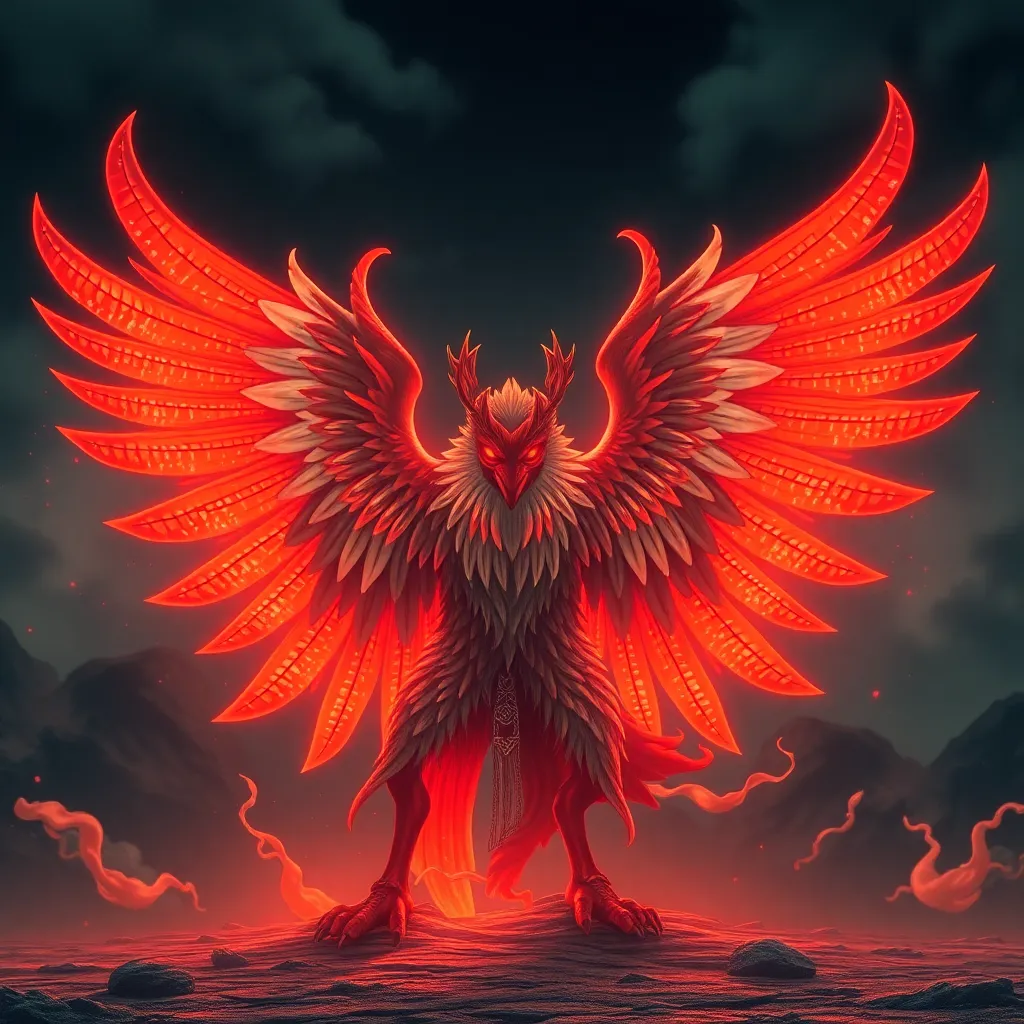Creation Myths That Will Change How You View the Universe
Introduction: The Significance of Creation Myths
Creation myths are fundamental narratives that explain the origins of the universe, life, and humanity. These stories, rich in symbolism and cultural significance, serve as a lens through which societies understand their existence and the cosmos. From the dawn of civilization, creation myths have provided frameworks for interpreting the world around us, reflecting the beliefs, values, and experiences of different cultures.
The significance of these myths extends beyond mere storytelling; they shape our understanding of the universe and our place within it. They address profound questions about existence, purpose, and the nature of reality, inviting us to explore not only the cosmos but also our inner selves.
The Cosmic Egg: Birth of the Universe in Various Cultures
One of the most intriguing motifs in creation myths is the concept of the Cosmic Egg. This archetype appears in various civilizations, symbolizing the potential of the universe before creation. For instance:
- Hindu Mythology: In Hindu texts, the universe emerges from the Hiranyagarbha, or “golden womb,” often depicted as a cosmic egg that contains all creation.
- Chinese Mythology: The Pangu myth describes a giant who breaks free from a cosmic egg, creating the heavens and the earth through his actions.
- Greek Mythology: In Orphic mythology, the cosmic egg, or “Ovum,” is linked to the primordial deity Phanes, who brings forth the universe.
The Cosmic Egg symbolizes unity, potentiality, and the cyclical nature of existence. Its emergence signifies the transition from chaos to order, reflecting humanity’s innate desire to comprehend the universe’s origins.
The Big Bang vs. Mythological Narratives: A Comparative Analysis
The Big Bang theory, which posits that the universe expanded from an extremely hot and dense state approximately 13.8 billion years ago, represents a scientific explanation of cosmic origins. While grounded in empirical observation, it raises profound questions that resonate with mythological narratives.
Mythological accounts often provide a rich context for understanding the universe’s beginnings, complementing scientific views by offering insights into human experience and existential inquiry. For instance, the chaos preceding creation in many myths parallels the singularity before the Big Bang, suggesting a shared theme of transformation and emergence.
The Duality of Chaos and Order: Insights from Ancient Myths
Many creation myths illustrate the duality of chaos and order, emphasizing the struggle between these two forces. In Babylonian mythology, the goddess Tiamat embodies chaos, while Marduk represents order. Their conflict leads to the creation of the world from Tiamat’s body, symbolizing the triumph of order over chaos.
This theme resonates in modern cosmological theories, where the universe’s evolution involves a continuous interplay between chaotic and orderly processes, such as the formation of galaxies and the emergence of life. By examining these myths, we can gain insights into the fundamental dynamics of the universe.
The Role of Deities in Creation Myths: Perspectives from Different Cultures
Deities often play pivotal roles in creation myths, shaping the narrative and influencing cultural perspectives on existence. Some notable deities include:
- Brahma: In Hinduism, Brahma is the creator god, responsible for the universe’s creation and maintenance.
- The Genesis God: In the Judeo-Christian tradition, God creates the world in six days, asserting authority over creation.
- Atum: In Egyptian mythology, Atum creates himself and then brings forth other deities, illustrating the self-generating nature of existence.
These divine figures not only shape creation narratives but also influence cultural attitudes toward the universe, morality, and the nature of existence itself.
Indigenous Creation Myths: A Connection to Nature and the Cosmos
Indigenous cultures around the world possess rich creation stories that emphasize a deep connection to nature and the cosmos. For example:
- Native American Myths: Many tribes share stories of emergence from the earth, highlighting the relationship between humanity and the natural world.
- Aboriginal Australian Dreamtime: In these narratives, ancestral beings shape the land, emphasizing the interconnectedness of all life and the cosmos.
These myths reflect an ecological consciousness, illustrating how humanity is intertwined with the universe, fostering a sense of responsibility towards the environment.
The Influence of Creation Myths on Modern Science and Philosophy
Creation myths have profoundly influenced scientific thought and philosophical inquiry throughout history. Thinkers such as Carl Jung and Joseph Campbell have explored the psychological and symbolic dimensions of these narratives, linking them to the human experience.
Contemporary scientists and philosophers often draw parallels between mythology and cosmology, suggesting that ancient stories can inspire new ways of understanding the universe. For instance:
- Quantum physics, with its emphasis on uncertainty and potentiality, echoes themes found in various mythological accounts.
- The search for a unified theory of everything resonates with the quest for understanding found in many creation myths.
Reinterpreting the Universe: Creation Myths in the Context of Modern Cosmology
Recent cosmological discoveries invite a reexamination of traditional creation myths. Concepts such as the multiverse, dark matter, and quantum entanglement can find echoes in mythological narratives that speak of multiple realms and interconnectedness.
As we uncover more about the universe, we can reinterpret these ancient stories, recognizing their relevance in contemporary discussions about existence and our cosmic place.
The Future of Creation Myths: Evolving Narratives in a Changing Universe
As technology progresses and our understanding of the universe evolves, new creation myths are likely to emerge. The rapid advancements in fields like artificial intelligence, space exploration, and genetics challenge our traditional narratives of existence.
Storytelling will continue to play a crucial role in shaping these new myths, helping us to navigate the complexities of a changing universe. As we confront new realities, our narratives will evolve, reflecting our understanding of existence in an ever-expanding cosmos.
Conclusion: Embracing Myths as a Lens to Understand Our Place in the Universe
Exploring creation myths offers valuable insights into the human experience and our understanding of the universe. These narratives, rich in symbolism and cultural significance, invite us to embrace a multifaceted view of existence that combines mythology, science, and philosophy.
By recognizing the profound themes within these myths, we can better appreciate our place in the cosmos and the interconnectedness of all things. As we continue to explore the universe, let us carry forward the wisdom of these ancient stories, weaving them into our ongoing quest for understanding.




